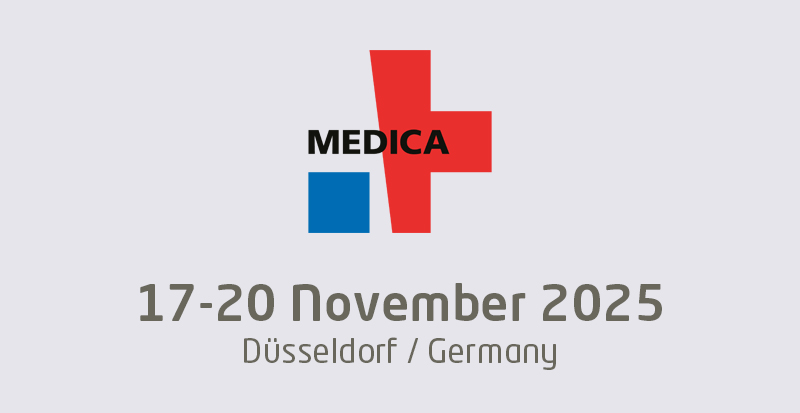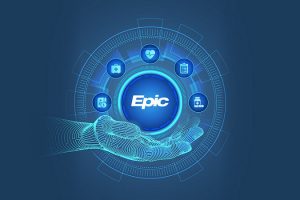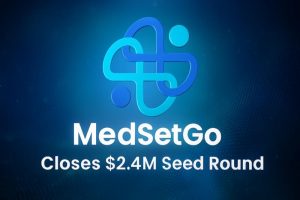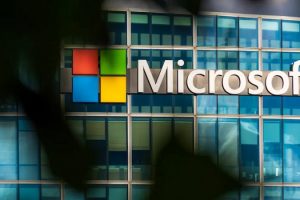Bernie Monegain, Editor
Hard work coupled with vendor, HIE cooperation made it work
While some hospital executives are struggling with the demands of Stage 2 meaningful use and perhaps wishing for more time, Darrel Whitmill, RN, manager of physician informatics and meaningful use at Cumberland Medical Center in Crossville, Tenn., decided to make what he calls “a hard push” to get to the head of the line.
He wanted to beat the rush to Stage 2 meaningful use attestation, and he did – with major help from a few key partners.
His plan was to start collecting the required data for attestation by April 1. First, as required by the program, he had to put secure messaging in place to allow the exchange of patient information between the hospital and physician practices, other hospitals, nursing homes and home health organizations.
The kicker: He had less than two weeks to get it done.
Whitmill credits his eight-member meaningful use team’s hard work – as well as the can-do approach of vendors Meditech and DataMotion – for getting the job done in such a short time.
One reason Whitmill wanted to fast-track attestation is that through the end of 2013 he and his team had observed a lot of delay in being able to get vendors on board.
“We felt that the longer that we progressed through that timeframe, the greater chance that we would have a vendor overload – all those vendors being overloaded with the number of facilities that are trying to attest for 2014,” Whitmill said.
There was also the money to think about. Whitmill said he did not know exactly how much was at stake. But for other hospitals, the incentive from the federal EHR Incentive Program has tallied in the millions, not thousands.
Cumberland Medical Center is a 189-bed regional hospital, part of Covenant Health. It employs more than 800 people and uses the Meditech 6.0 EHR system.
Whitmill had already tapped health information service provider DataMotion to deploy its Direct Secure Messaging technology, but before DataMotion could get started, Meditech had to complete its upgrade to the 6.0 version of its EHR.
All the stars had to align, and they did.
Cumberland Medical Center joined its regional HIE, called eTHIN – East Tennessee Health Information Network. While Whitmill had already been in touch with the referral partners – physician practices, hospitals and other organizations with which the hospital would be sharing patient information – there was IT work that had to be done to make it happen.
“We needed eTHIN’s support in doing that,” said Whitmill. “So they went out and did the groundwork of setting them up and using DataMotion’s functionality, provided a portal for them to go in and open and see those patient health summaries that we were sending out.”
Information exchange is a critical piece of Stage 2, and that’s not lost on DataMotion CEO Bob Bales.
“Exchanging information is paramount to providing the highest levels of patient care and the healthcare industry is undergoing a major transformation in sharing information electronically,” Bales said in a statement. “With DataMotion Direct seamlessly integrated with Meditech, Cumberland Medical Center was quickly able to communicate sensitive patient information securely and easily, with not only medical peers but patients as well.”
As Whitmill sees it, it also helped that DataMotion had already worked on a similar project with another hospital that also deployed Meditech.
“Working with DataMotion, eTHIN and Meditech, we started the reporting process for attestation on schedule, April 1, and already have been able to provide a better quality of care experience for our discharged patients,” Whitmill said.
“All of our data looks good and we’re able to support our summary of care record,” he added.
The hospital plans to attest during the third week of July.
Asked for his best advice, Whitmill offered this: “Early in the game, get your community involved. Get the physician offices, get the nursing homes, the home health, other hospitals, those facilities that you are referring to. Get them involved. Let them know what your intents are, and start signing them up for Direct messaging addresses. Once you’re able to get that in place, get your HIE and/or your HISP, depending on which route you’re going to go – get them into your system and start that build process for your servers.”
What impressed him the most is the true partnership the vendors and HIE forged with him and his team.
“Without the vendor support that we’ve had and the support through our HIE, we wouldn’t be able to have the numbers to submit for attestation today. We didn’t meet resistance, you know, we met ‘OK, we’re going to make it happen. We’re going to make it happen for you.’ To have that from all three of those players, plus us, was why we were successful.”
























